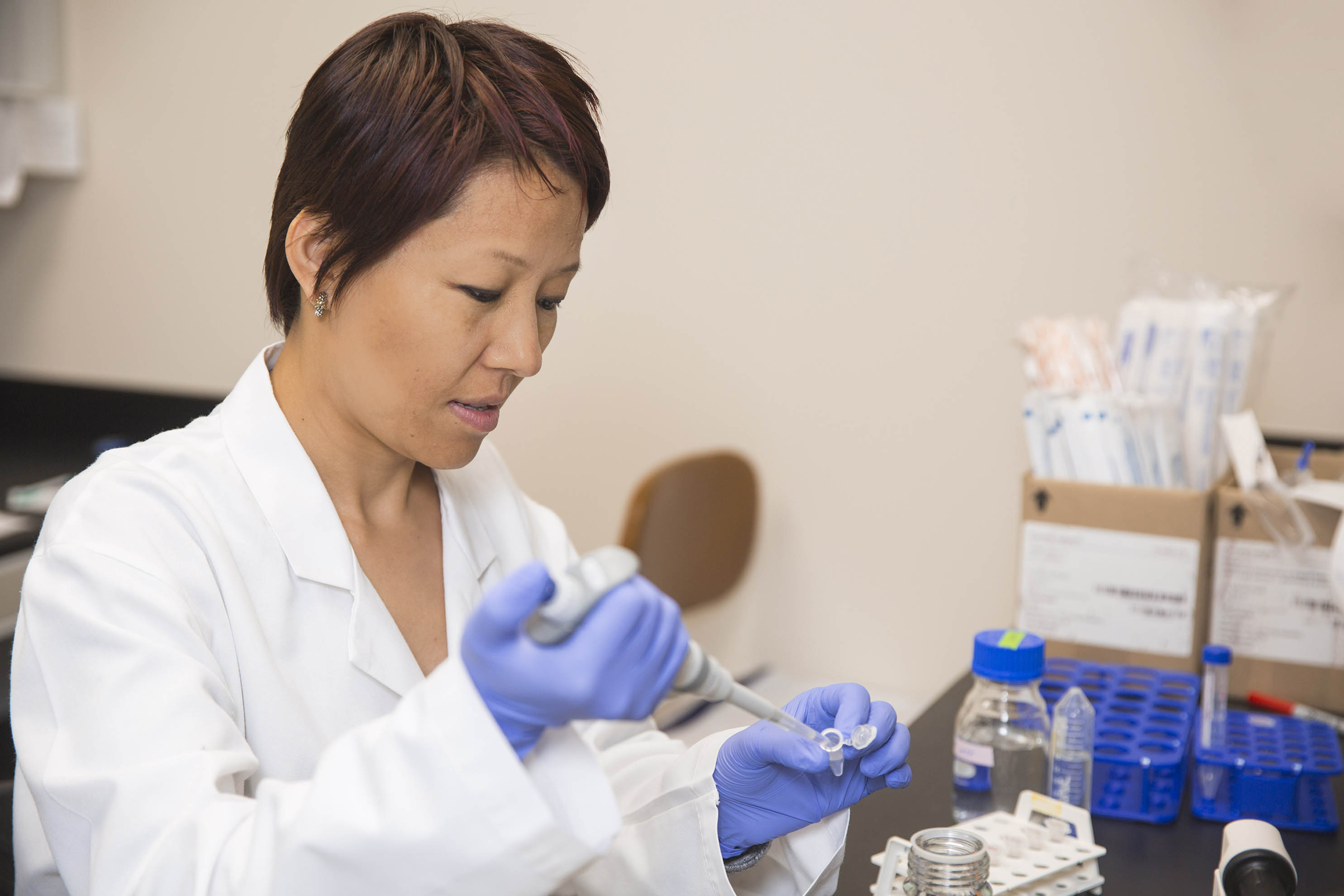Pancreatic cancer could be treated with a Parkinson's drug

The new research suggests that carbidopa, which is a drug approved by the Food and Drug Administration (FDA) and widely used to treat Parkinson's disease, has significant anti-cancer properties.
Carbidopa is typically used in conjunction with levodopa (L-Dopa) to treat Parkinson's disease. And previous studies have shown that patients with Parkinson's tend to have a lower incidence of cancer.
In older research, scientists investigated whether or not it was the drug L-Dopa that yielded the anti-cancer effect, but they did not find any significant results.
So now, a team led by Dr. Yangzom Bhutia - from the Texas Tech University Health Sciences Center (TTUHSC) in Lubbock - hypothesized that carbidopa alone could have anti-cancer properties.
Commenting on the motivation for the research, Dr. Bhutia says, "Interestingly, no one has previously suspected carbidopa as a potential player in this phenomenon."
"Carbidopa is never used by itself as a drug for any disease," she adds. "But [...] we believe that the reduced incidence of most cancers in Parkinson's disease patients is due to carbidopa."
The first author of the study is Jiro Ogura, of the Department of Cell Biology and Biochemistry at TTUHSC, and the findings were published in the Biochemical Journal.
Article originally published in Medical News Today, www.medicalnewstoday.com.
To read full article, please visit https://www.medicalnewstoday.com/articles/319578.php.
Related Stories
How Does Your Garden Grow?
As spring approaches, some people’s thoughts turn to gardening. Whether it’s a flower garden they desire or a vegetable garden want to have, they begin planning what they’ll plant and what they need to do to ensure a successful garden.
Adopt a Growth Mindset for a Better Life
A “growth mindset” accepts that our intelligence and talents can develop over time, and a person with that mindset understands that intelligence and talents can improve through effort and learning.
Drug Use, Family History Can Lead to Heart Disease in Younger Adults
Abstaining from drug abuse and an early diagnosis of familial hypercholesterolemia (high cholesterol) can help prevent heart disease.
Recent Stories
TTUHSC, TTU School of Veterinary Medicine Recognize Student Research During Inaugural Amarillo Research Symposium
More than 100 student and trainee researchers from the TTUHSC and the TTU School of Veterinary Medicine presented research findings at the 2024 Student Research Day on April 19.
The TTUHSC Laura W. Bush Institute for Women’s Health Welcomes Ben Carson as Power of the Purse Keynote Speaker
Retired neurosurgeon and former U.S. Secretary of Housing and Urban Development Ben Carson, M.D., delivered a keynote address at the Power of the Purse luncheon and fundraiser today (April 18).
Filling the Gap: PA Impact on Rural Health Care
Assistant Professor and Director of Clinical Education Elesea Villegas, MPAS, PA-C, spoke about the challenges rural health care currently faces and how PAs are stepping up to better serve the rural patient population.
